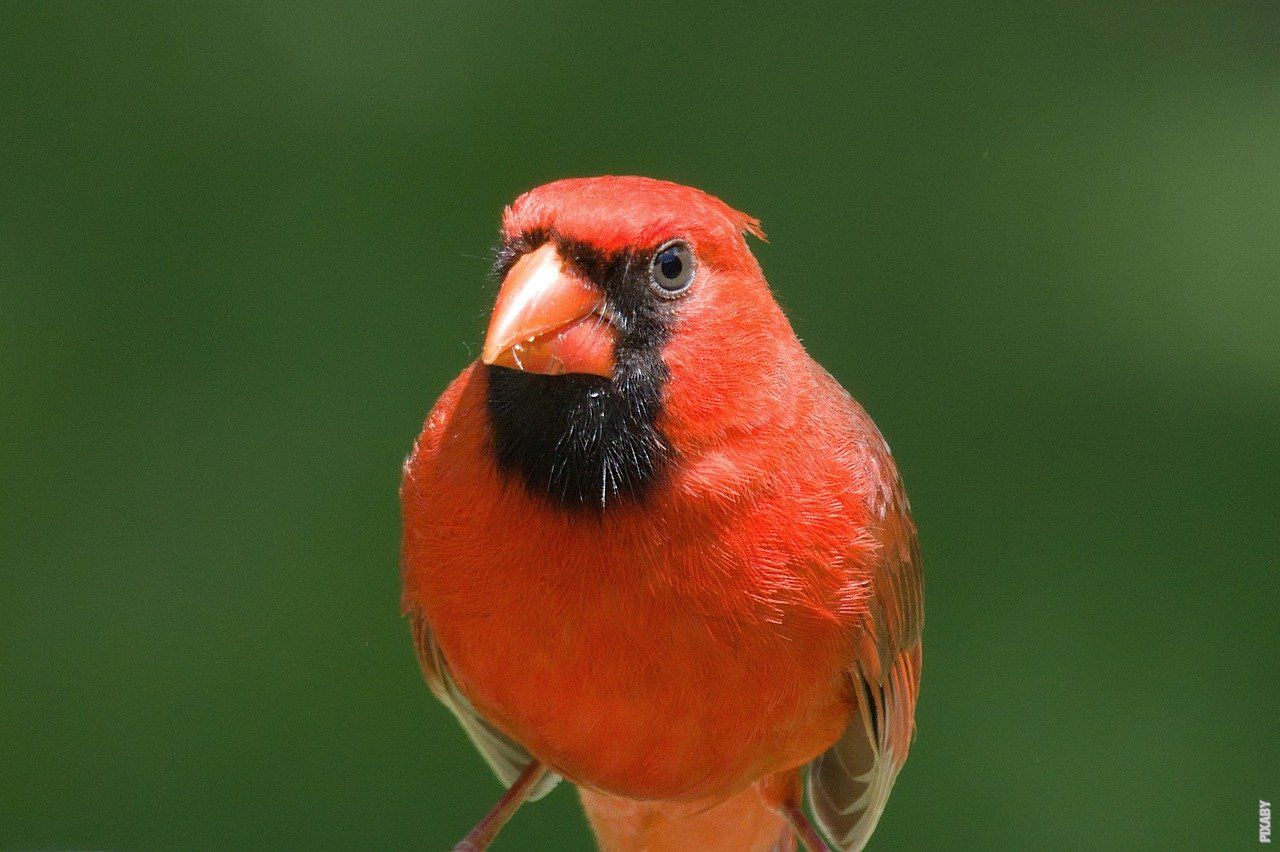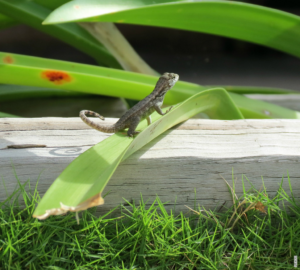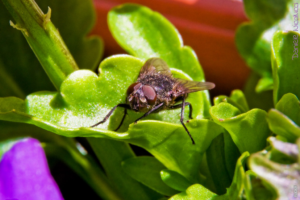The Enchanting Melodies of Songbirds
Songbirds, with their vibrant plumage and enchanting melodies, have captured the hearts of humans for centuries. These small, melodious creatures are known for their ability to produce a wide range of musical sounds. But do songbirds truly have their own melodies?
The Language of Melody
Music is often described as a universal language, and for good reason. It transcends cultural barriers and resonates with people from all walks of life. Similarly, songbirds have their own unique way of communicating through melodious tunes. These melodies serve several purposes, such as attracting mates, defending territories, and communicating with other members of their species.
The Complexity of Songbird Songs
Contrary to popular belief, the songs of songbirds are not random or haphazard. They are meticulously crafted and highly complex. Each species of songbird has its own distinct song, consisting of specific patterns, rhythms, and notes. These melodies are often passed down from one generation to the next, with slight variations occurring over time.
The Role of Learning
Unlike humans, who have an innate sense of language, songbirds must learn their melodies. Young songbirds acquire their songs by listening to and imitating the songs of their adult counterparts. This learning process, known as vocal learning, is crucial for the development of their unique melodies.
A Symphony of Voices
Songbirds are not solitary musicians; they often engage in duets and group performances. These collective performances create a symphony of voices, with each bird contributing its own unique melody to the ensemble. The synchronized singing of songbirds adds to the beauty and complexity of their musical repertoire.
Post
Post
The Evolutionary Significance
The ability of songbirds to create melodious tunes has significant evolutionary implications. The complexity and uniqueness of their songs play a vital role in mate selection. Female songbirds are known to prefer males with more elaborate and diverse songs, as they are indicative of good health and genetic fitness. Therefore, the melodies of songbirds have evolved over time to become more intricate and captivating.
A Source of Inspiration
The melodic songs of songbirds have not only captivated scientists but also inspired musicians and artists throughout history. Their intricate melodies and harmonious notes have been incorporated into various musical compositions and have served as a source of inspiration for countless artists.
The Magic of Songbirds
So, do songbirds have their own melodies? Absolutely! Their enchanting songs, filled with complex patterns and unique notes, are a testament to their musical abilities. The melodies of songbirds not only serve practical purposes but also bring joy and wonder to those who listen, leaving them speechless and in awe of the magic created by these small, feathered musicians.



